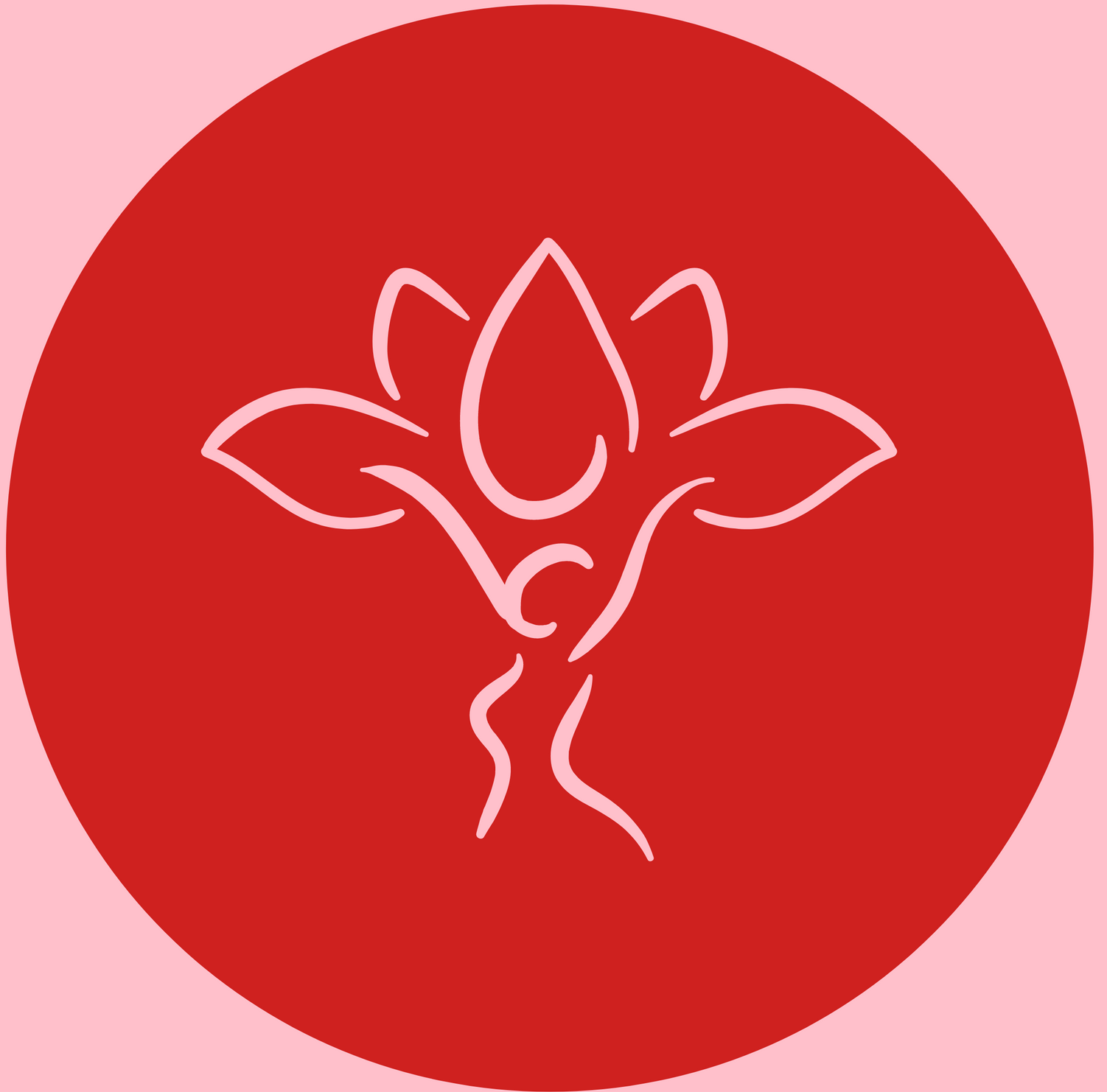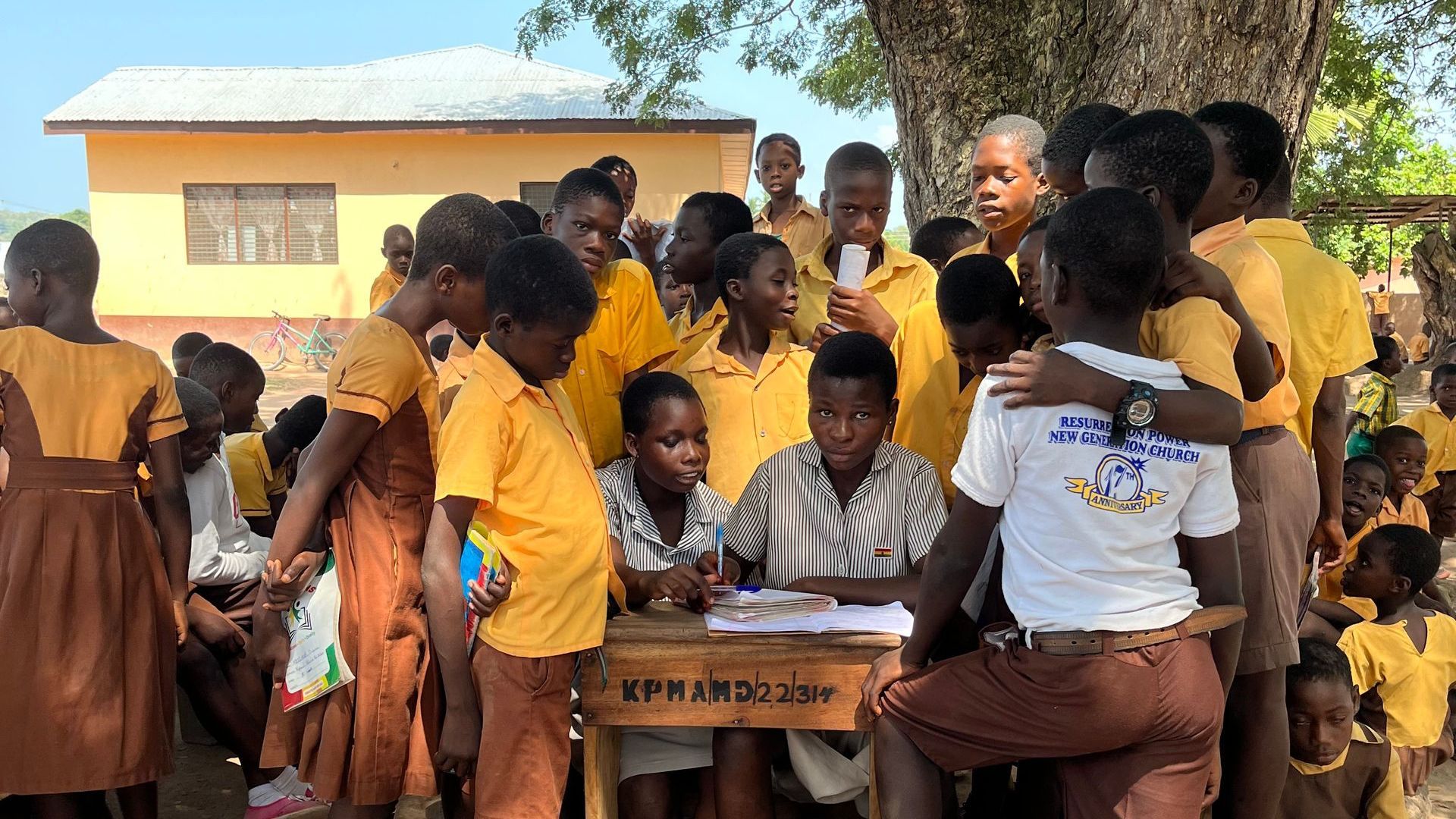Menstrual Poverty in Ghana:
How Menstruation Affects Girls’ Education
Why are so many girls still missing school because of their period?
Every month, about 1.8 billion people around the world have their periods. Yet according to the World Bank, over 500 million of them still lack access to the basic resources they need to manage their menstruations safely and with dignity. This widespread but under-addressed issue, known as period poverty, affects individuals worldwide but is especially prevalent in low-income countries.
Period poverty extends beyond the inability to afford menstrual products. It also includes limited access to clean water, proper sanitation, pain relief, and essential menstrual health education. These shouldn’t be a luxury, yet they remain out of reach for too many girls. It affects how girls grow up, how they are treated, and whether they can stay in school. At its core, period poverty is a public health issue — one with consequences for gender equality, education, economic opportunity, and environmental sustainability.
In Ghana, these challenges are particularly visible in the classroom. For many girls, menstruation is accompanied by silence, confusion, and shame. Without proper support, it becomes a barrier to learning — and ultimately, to reaching their full potential.
The Impact on Education
In Ghana, a pack of 10 sanitary pads costs around 30 cedis (about $2.5). For many families, especially those with more than one daughter, this is simply unaffordable. Girls often turn to alternatives like cloth, tissue, or sometimes nothing at all — which can be unhygienic, unreliable, and uncomfortable. Many choose to stay home during their period rather than face embarrassment at school.
This is not a marginal issue. According to UNICEF, around 95% of girls in Ghana miss school during their period, amounting to nearly 20% of the academic year. This is not just a matter of days missed — it’s a long-term disruption to their education.
But the cost of pads isn’t the only factor. Many schools in Ghana, especially in rural areas, lack basic water and sanitation facilities. Even when there is a bathroom, it often comes without a dustbin, a door lock, or clean water — making it difficult for girls to manage their periods in dignity. For some, menstrual pain is intense and untreated, and in classrooms with little understanding or support, girls are often left to cope in silence.
Then there’s the social stigma: the fear of staining their uniforms, being teased by classmates, or feeling ashamed to speak up.
All of this contributes to absenteeism, and over time, dropout. With less education, their ability to access job opportunities diminishes — reinforcing the cycle of poverty, including period poverty.
The Role of Education and Information
Period poverty is also a crisis of information. Many girls in Ghana grow up without a clear understanding of menstruation, their cycle, or how to manage it. Cultural taboos around periods often mean that the topic is not openly discussed, even within families. As a result, girls may not know what’s normal — or when something isn’t. For instance, fainting due to period pain isn’t typical, yet some girls experience it without seeking help simply because no one ever told them it wasn’t normal.
Some women continue to live with unanswered questions about their cycle, even after more than a decade of menstruating. Without clear, accessible menstrual education early on, shame and confusion take root — and they stay.
This is why Kokoodzi works directly with schools, creating safe and trusted spaces to offer menstrual education. Our aim is to ensure that no girl has to navigate her period without the tools, knowledge, and support she needs - laying the foundation for informed future generations so that the women of tomorrow can confidently educate their own daughters.
Breaking the Cycle
Period poverty is often seen as a private struggle — but it is, in fact, a public issue. In Ghana and around the world, it limits the futures of girls and women in visible and invisible ways. Tackling it means not only improving access to pads and sanitation, but also breaking the silence around menstruation, and ensuring girls feel seen, supported, and understood.
By combining education, community engagement, and access to menstrual products, Kokoodzi works to break this cycle. We aim to shift how menstruation is talked about, taught, and treated — so that every girl can manage her period safely, stay in school, and grow up knowing there is nothing shameful about her body.
Because menstruation is natural.
Shame and silence are not.

